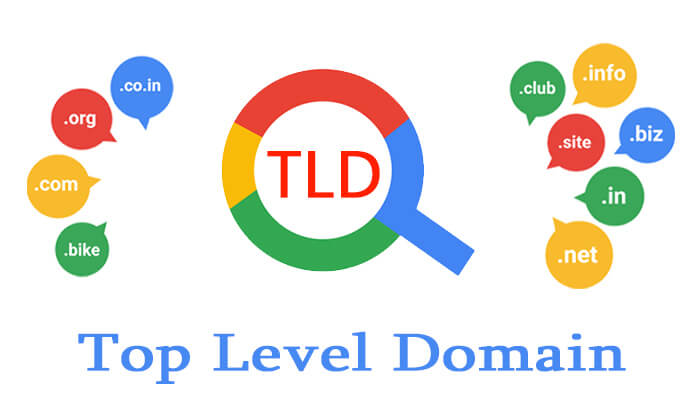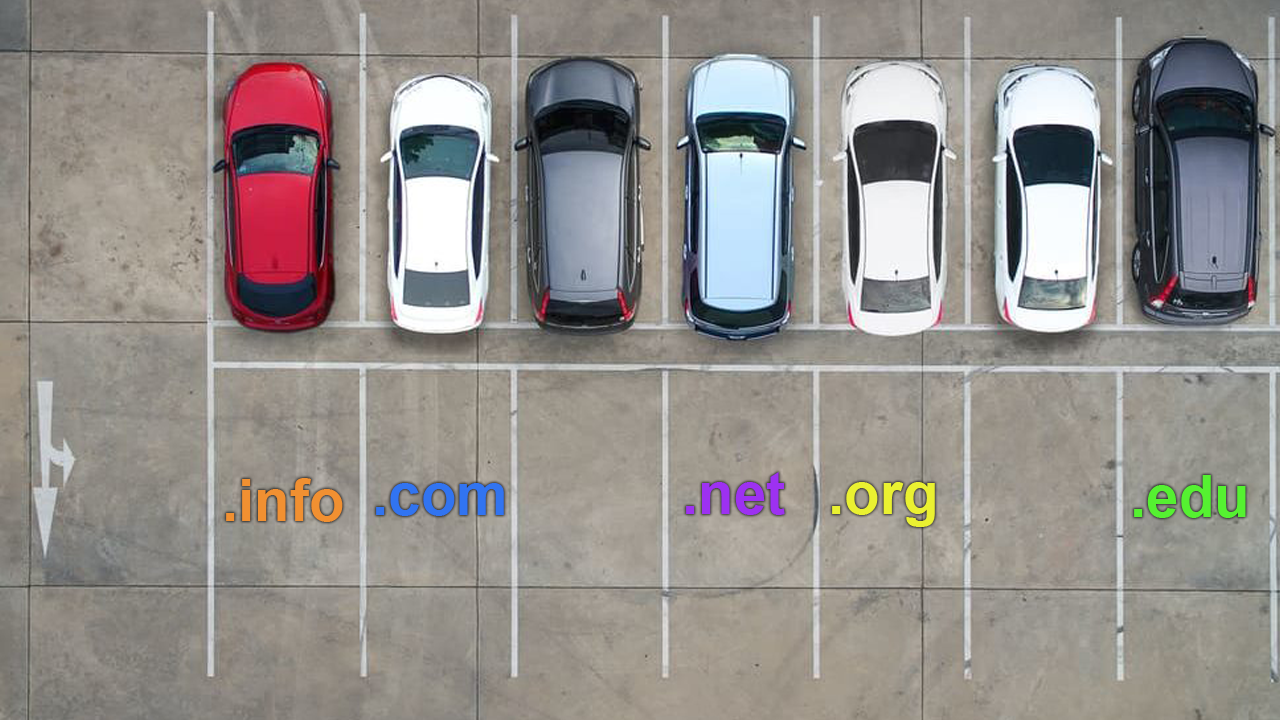Top-Level Domain name referrers to the last part of an Internet domain name, the part that comes after the dot. For example, in google.com the Top-level domain name is com. These are managed in a very complicated way, and is usually delegated to organizations by the Internet Corporation of Assigned Name and Numbers, otherwise known as ICANN, which operates the Internet Assigned Numbers Authority and is in charge of maintaining the DNS root zone.
What the IANA does is distinguish top-level domain names. ccTLD, or country-code top-level domains are used by a country or a dependent territory. sTLD are sponsored by private agencies or organizations that establish and enforce rules restricting the eligibility to use the TLD. Then they are also grouped with the generic top-level domains. gTLD stands for Generic top-level domains and are essentially open for the registration to anyone in the world. There are also generic-restricted top-level domains are similar to generic group, except eligibility is supposed to be restricted and ascertained more stringently.
Basically, TLD’s are the current allowed extensions we are able to register. ICANN constantly reviews and decides if it should add another TLD to the gTLD list. The most recent ones ICANN had a proposal that consisted of .aero, .biz, .coop, .info, .museum, .name, and .pro but the TLD’s .biz, .info, .museum, and .name covered most of them.These have had the least amount of time out on the network and have the most available names. Many suggestions have been made to add more TLD’s to the directory, but ICANN has not yet approved them. This includes some adult recommendations like .xxx, .sex and .adult.
ICANN has also reserved TLD’s so they cant be confused with things that are very common in the Internet like .example, .invalid, .localhost, and .test. These can only be used on very specific uses and ICANN helps decide when they can be used.
If you want a new domain name extension you will need to go through ICANN and request a TLD. Even if you get the request through, the odds that it will be approved is slim to none. However these standards are very important in order to keep the Internet organized and not clustered. Until things become necessary in the world, ICANN will not allow it to be let into the Internet DNS.























